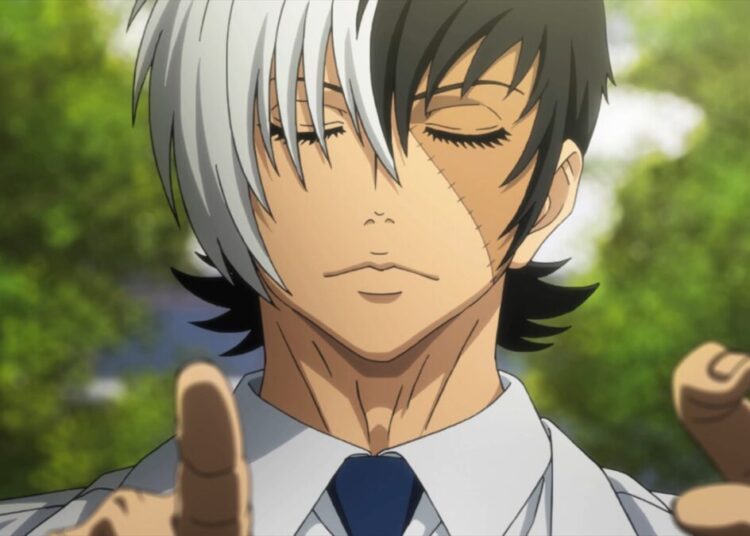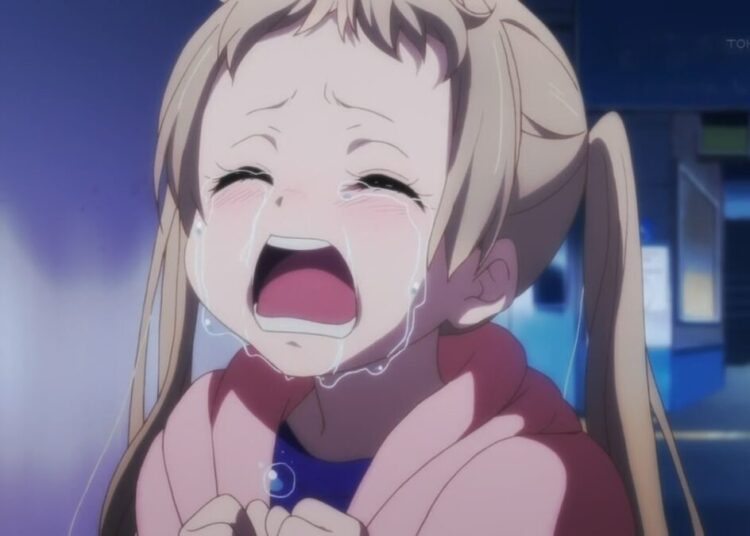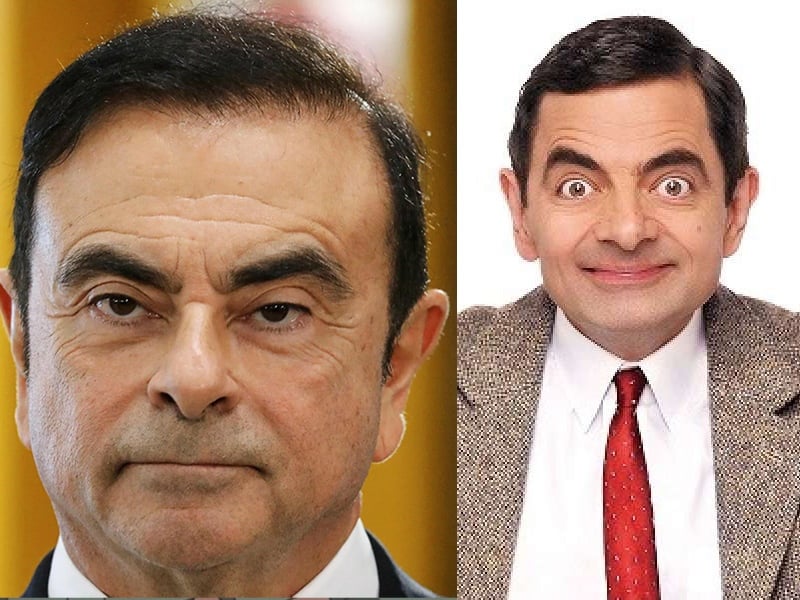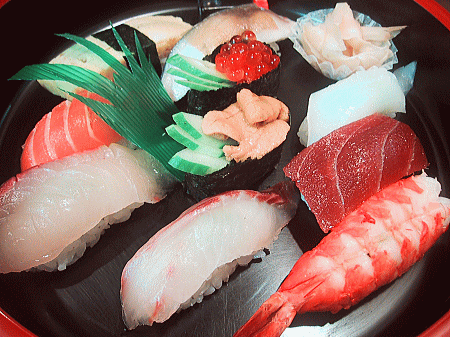Although you probably don’t know much about how the law functions in Japan, most Japanese have at least a basic idea of how the courts operate in the States, thanks to the many kaigai dorama or “overseas dramas” that are shown here. As a general rule, the law and lawyers don’t play a large part in people’s lives in Japan, which seems to be partially for cultural reasons and partially due to people just having a little more common sense and courtesy when dealing with each other. Awards for civil lawsuits are based on actual, provable damages, which makes it very hard for a plaintiff to get an unreasonably large judgment; in addition, lawyers’ fees are based on the damages sought by plaintiffs, rather than damages actually awarded, which eliminates a lot of potential for greed. On the criminal side, prosecutors currently enjoy a mind-boggling 99% conviction rate, nearly always after a defendant makes a signed confession. There are some difficult cultural elements involved here, but the conviction rate is so high in part because prosecutors only bring cases for which they have solid evidence. Big changes are coming for the legal profession though, as Japan prepares to introduce a trial-by-jury system in which citizens will act as “lay judges” and determine the the outcome of cases. Personally, I don’t think it will fly: between the tendency of Japanese to be overly group-oriented and come to agreement for the wrong reasons, the occasional amano-jaku, the kind of “absolute contrarian” that refuses to do things that are popular that I talked about recently, which in the case or something like a jury trial could really cause problems for the justice system here.
Why Save Him? The Doctor Who Saved Kyoani Arsonist Shinji Aoba
I watched a Japanese documentary about Takehiro Ueda, the doctor who saved the life of the Kyoani arsonist. See details...
















